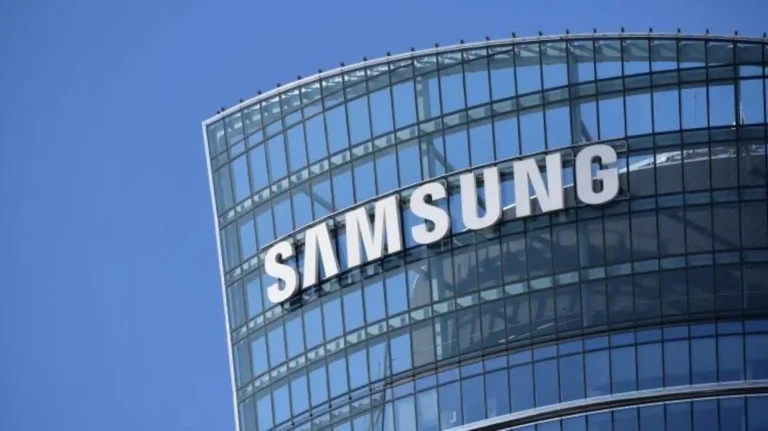🎧 Listen to This Article
A $520 million tax dispute is more than a paperwork problem. It’s a strategic wake-up call for multinationals navigating the fault lines of cross-border tax enforcement.
Samsung’s latest battle with Indian authorities goes beyond customs codes and tariff tables. The trust equation between foreign investors and one of the world’s most important emerging markets is at stake.
Let’s unpack what’s going on, why it matters far beyond India’s borders, and how companies should prepare for the next wave of regulatory scrutiny.
Old Practices, New Pressures
At the heart of the dispute lies a deceptively mundane issue: classification of imported telecom components.
Samsung is accused of misclassifying $784 million worth of Remote Radio Heads, a key 4G infrastructure component, to avoid 10–20% customs duties from 2018 to 2021. Tax authorities allege this resulted in $520 million in unpaid tariffs plus $81 million in penalties for individual employees.
Samsung’s rebuttal? The practice was longstanding and visible. India’s telecom titan Reliance Jio reportedly imported the same equipment similarly until 2017 without triggering alarms.
But precedent isn’t protection. Regulatory winds have shifted. As India tightens enforcement under its Make-in-India and self-reliance agendas, what was once overlooked is now deemed evasive.
Precedents and Perceptions Collide
This case serves a dual purpose for India: asserting legal consistency while projecting investor accountability. But there’s a reputational risk. Aggressive retrospective enforcement, especially when foreign players are involved, raises the specter of regulatory unpredictability.
Samsung isn’t just any multinational. It’s a key player in India’s consumer electronics and smartphone markets. Slapping it with a tax bill equal to more than half its 2024 India profit ($955 million) could send a chilling message to others.
Volkswagen, for instance, is already in the ring with a demand of over $1.4 billion. The pattern is emerging: past practices are being judged by present politics.
Strategy, Not Sympathy
Samsung’s argument hinges on fairness, claiming authorities rushed their decision and denied a full hearing. But emotional appeals rarely sway tax tribunals.
The real play here is strategic. Samsung needs to:
- Rebuild trust with Indian regulators, possibly through partial settlements.
- Review its internal compliance controls across all import classifications.
- Document decision-making chains to shield against individual liability.
For other multinationals, this is a moment to audit not just financials, but relationships.
Key takeaway: Even silent regulatory approvals can’t be taken as absolution. If another industry peer got away with it, you might not.
Lessons from Abroad: Cross-Border Reflections
Tax misclassification battles aren’t unique to India. Brazil, Indonesia, and Nigeria have all weaponized customs codes to plug fiscal gaps.
In the EU, SAF-T and e-invoicing reforms are bringing similar retroactive scrutiny. The OECD’s ongoing work on Pillar Two (15% global minimum tax) raises the stakes with more data, compliance, and exposure.
Executives should ask: Could a policy shift tomorrow reframe today’s compliance as tomorrow’s evasion?
Human Cost: Not Just a Corporate Story
Seven Samsung employees face personal fines. That’s not just legal pressure it’s psychological warfare. When tax disputes hit payroll, morale and talent retention suffer.
And for frontline managers making classification calls under time pressure? The message is clear: one mistake, one misstep, and you’re on the hook.
Companies must rethink not just compliance but culture. Are your teams protected? Informed? Empowered to escalate doubts?
For further details, clarification, contributions, or any concerns regarding this article, please get in touch with us at editorial@tax.news. We value your feedback and are committed to providing accurate and timely information. Please note that our privacy policy will handle all inquiries.



